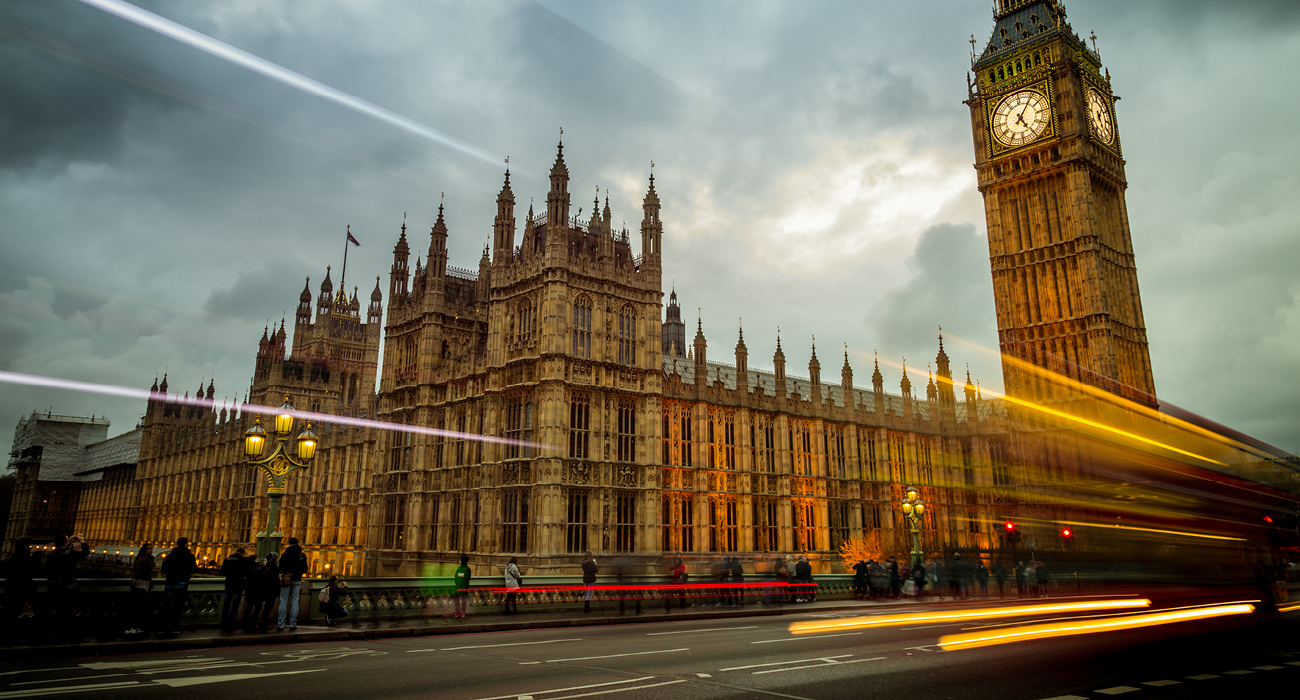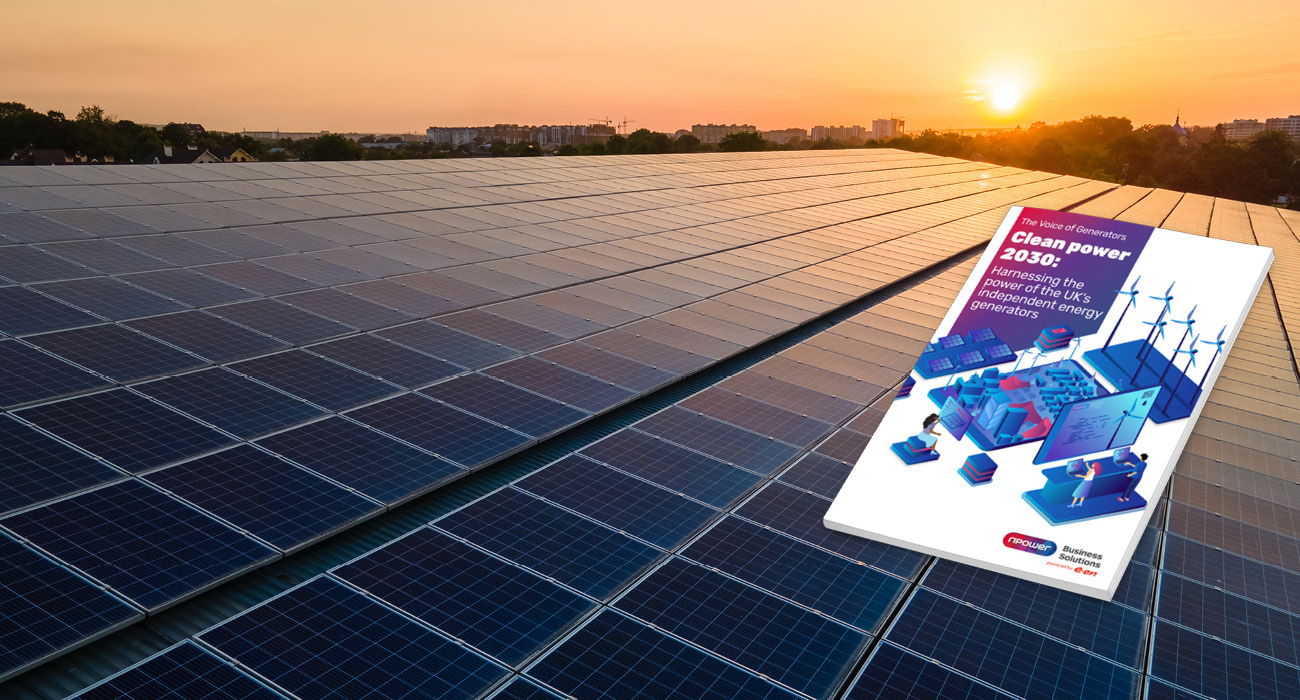One of the major election pledges from the new Labour government was to ‘Make Britain a Clean Energy Superpower’ and they’ve certainly wasted no time in putting some of those promises into action since the General Election on 4 July.
Many of these steps will be welcome news to businesses. In our latest Business Energy Tracker, which launched just before the election, the message was loud and clear - the government needs to simplify policy, introduce support to help businesses reduce energy demand, and cut red tape. This is why we launched our ‘Red Tape Challenge’ - to work with the government to set a policy and legislative agenda that gives businesses the confidence to invest.
So, what has happened since Labour were elected?
Firstly, new Chancellor of the Exchequer, Rachel Reeves, pledged to reform the planning system so critical energy infrastructure doesn’t get caught up in red tape. She also announced an immediate end to the ‘de facto’ ban on onshore wind.
This was followed by new Secretary of State at the Department for Energy Security and Net Zero (DESNZ), Ed Miliband announcing the appointment of former chief executive of the Climate Change Committee, Chris Stark, to lead a new ‘Mission Control’, which is tasked with ensuring that the UK is powered by clean energy sources by 2030.
He followed this up by giving the greenlight to three major large-scale solar projects, and relaunching the Solar Taskforce with a view to spearheading a ‘solar rooftop revolution’.
Then, we had the King’s Speech, which announced that a new Bill to bring forward Great British Energy would be a firm part of the coming legislative agenda. A key part of Labour’s election manifesto, Great British Energy will be one of the biggest government interventions in the energy sector in recent times.
Saying it is ‘owned by and for British people’, at its heart is the ambition to make the UK energy independent, create jobs, reduce energy invoices and to facilitate a zero carbon power system by 2030.
Record breaking funding
On 31 July, the government announced that the budget to deliver homegrown clean energy has been increased by £500 million. Increasing investment to £1.56 billion for Contracts for Difference (CfD) auctions will make significant differences to businesses, providing much-needed confidence to users that there will be lower carbon and lower cost energy options more readily available – in the medium to long term.
The funding will help to accelerate the provision of clean, low carbon electricity that will also have positive impacts on costs in the long term.
Providing a welcome boost in funding for offshore wind will not only encourage further investment from industry, it will help to boost its position as the ‘backbone of the UK’s clean energy mission’.
With successful projects due to be announced as soon as September, it’s clear that there is a real sense of urgency to provide UK energy users with clean energy, reducing reliance on the volatile fossil fuel market.
Great British Energy and businesses
So, what exactly is Great British Energy, and how will it impact businesses?
The key thing to note is that Great British Energy isn’t an energy supplier, so businesses will not be able to buy their energy directly from it.
It is an investment vehicle to spearhead the growth of clean energy projects, with the government developing, owning and operating generation assets. Based in Scotland and backed by £8.3 billion, it is also designed to encourage the private sector to provide further investment to meet the UK’s clean energy goals.
The new government has ambitious renewable targets. It wants to quadruple offshore wind to 55 GW by 2030, triple solar power to 50 GW and double onshore wind capacity to 35 GW.
In documents published alongside the King’s Speech, the government said “through these investments, Great British Energy will take a stake for the British people in projects and supply chains which accelerate technologies of the future, reaping benefits at home in cheap clean power and securing Britain at the front of the global race for technology which has major global export potential.”
How this £8.3 billion will be allocated is still to be determined. However, the promise of more renewable capacity to meet business demand for clean energy, alongside lower energy costs, is something that will be hugely welcome across all sectors. Many businesses have struggled against a backdrop of a volatile wholesale market over the past few years, so bringing a sense of stability is a key requirement of future energy policy.
We look forward to seeing more detail about how Great British Energy will work in practice, making sure the needs of UK businesses are being met.
/npm214%20Digital_H_UB105.jpg)
/npm214%20Digital_H_UB102.jpg)



/npm214%20Digital_H_UB15.jpg)


/npm214%20Digital_H_UB106.jpg)

/Author%20Profile%20Ainsworth_Anthony_G.png)
